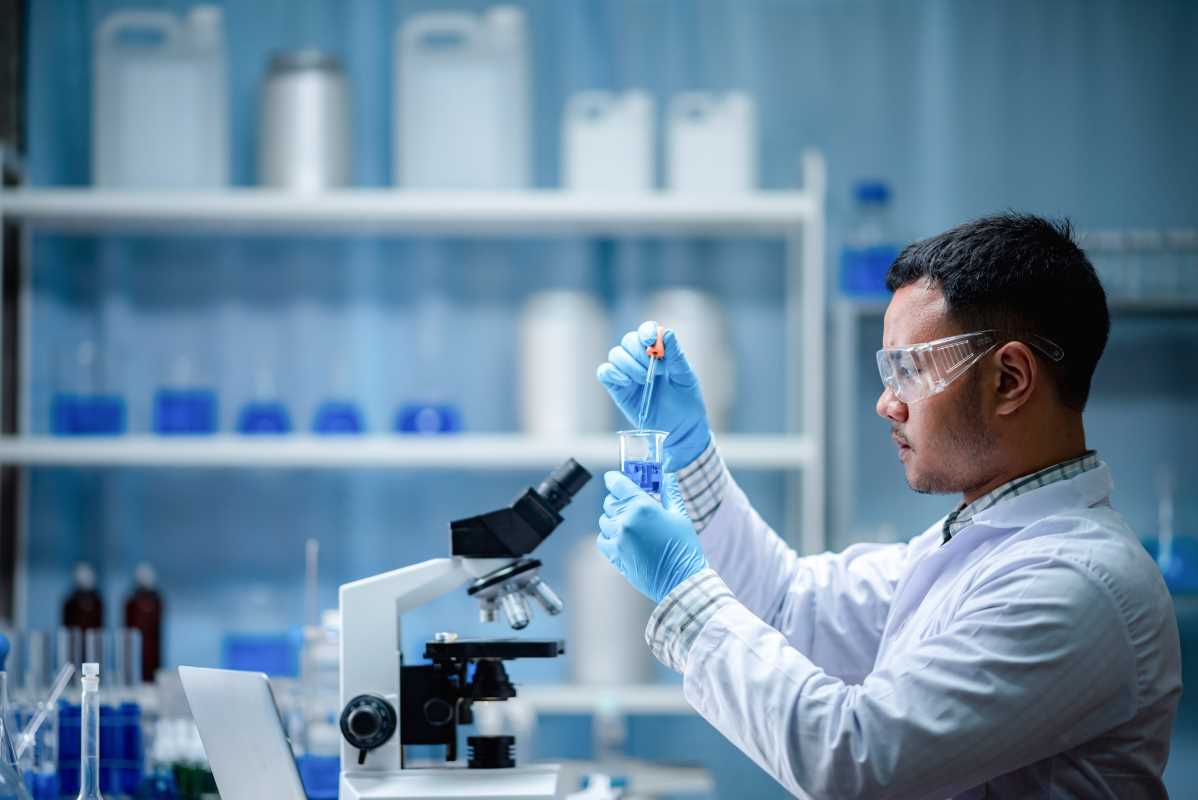Biotechnology is a transformative field that merges biology, technology, and innovation to address some of the world’s most pressing challenges. From developing life-saving medicines to engineering sustainable agricultural practices, biotechnology is at the forefront of modern science. Advancing in this dynamic field requires more than a foundational knowledge of biology; it demands a specialized education that equips professionals with the skills to innovate, collaborate, and lead in an ever-evolving industry. For aspiring biotechnologists, pursuing a targeted educational pathway is the key to unlocking opportunities and making significant contributions to this cutting-edge sector.
The Importance of Specialization in Biotechnology
Biotechnology encompasses a wide range of applications, including healthcare, agriculture, environmental science, and industrial production. While a general education in biology provides a solid base, specialization allows individuals to focus on specific areas, such as genetic engineering, biopharmaceuticals, bioinformatics, or synthetic biology. This depth of expertise not only enhances employability but also enables professionals to tackle complex, industry-specific problems.
Specialized education also introduces students to the interdisciplinary nature of biotechnology. Fields like data science, engineering, and regulatory compliance often intersect with biotechnological research and development, creating the need for versatile skill sets. Programs tailored to specific niches prepare students to integrate these diverse disciplines into their work, making them valuable assets to employers.
Educational Pathways in Biotechnology
The journey to a career in biotechnology begins with formal education, typically progressing through undergraduate, graduate, and doctoral levels. Each stage offers opportunities to specialize and refine skills.
Undergraduate Education: Bachelor’s programs in biotechnology or related fields, such as molecular biology or biochemistry, provide a strong foundation. Students are introduced to core topics, including genetics, microbiology, and bioprocessing, alongside laboratory techniques like PCR, CRISPR, and cell culture. Many universities also offer tracks in specific areas, such as bioinformatics or agricultural biotech, enabling students to begin their specialization early.
Graduate Education: A master’s degree is often essential for advanced roles in biotechnology. Graduate programs offer the opportunity to delve deeper into specialized topics and often include research components. For instance, a student interested in drug development might focus on pharmacogenomics, while someone passionate about sustainability might explore biofuels or environmental remediation.
Doctoral Programs: A Ph.D. is necessary for those pursuing careers in research, academia, or leadership roles within the industry. Doctoral programs emphasize original research and innovation, allowing students to contribute to breakthroughs in their chosen field. These programs often involve collaboration with industry partners, providing real-world experience and connections.
Professional Certifications: In addition to formal degrees, certifications in areas like Good Manufacturing Practices (GMP), clinical research, or regulatory affairs can enhance credentials and open doors to specialized roles.
Key Skills Developed Through Specialized Education
Specialized biotechnology programs are designed to cultivate a mix of technical, analytical, and interpersonal skills essential for success in the field.
- Technical Expertise: Advanced techniques, such as gene editing, protein purification, and bioinformatics, are integral to many biotechnology roles. Hands-on laboratory training ensures that students can apply these skills effectively.
- Analytical Thinking: Biotechnologists must analyze complex datasets, identify patterns, and draw meaningful conclusions. Programs often emphasize critical thinking and problem-solving skills.
- Interdisciplinary Collaboration: Biotechnology projects frequently involve teams from diverse fields, such as chemistry, engineering, and data science. Educational programs emphasize teamwork and communication to prepare students for collaborative environments.
- Ethical and Regulatory Knowledge: Understanding the ethical implications and regulatory requirements of biotechnological innovations is crucial. Courses on bioethics and compliance ensure that graduates can navigate these challenges responsibly.
Gaining Practical Experience
Practical experience is a cornerstone of specialized biotechnology education. Internships, co-op programs, and research opportunities provide invaluable hands-on training and exposure to real-world challenges.
- Industry Internships: Collaborating with companies in sectors like pharmaceuticals, agriculture, or environmental science allows students to apply their knowledge, gain insights into industry operations, and build professional networks.
- University Research Labs: Many programs offer access to cutting-edge facilities where students can contribute to ongoing research. Working alongside faculty and peers fosters innovation and deepens technical skills.
- Capstone Projects: These culminating projects challenge students to solve complex problems, often in partnership with industry or government organizations.
Participation in student organizations, conferences, and competitions further enhances practical learning. For instance, involvement in groups like the International Genetically Engineered Machine (iGEM) competition allows students to tackle ambitious projects and showcase their talents on a global stage.
Career Advancement Through Specialized Education
A specialized education in biotechnology opens doors to diverse career opportunities. Professionals with advanced degrees and focused expertise are in high demand in sectors such as:
- Biopharmaceuticals: Developing vaccines, monoclonal antibodies, and personalized medicine.
- Agricultural Biotechnology: Engineering crops for higher yields, pest resistance, and climate resilience.
- Environmental Biotechnology: Designing solutions for pollution control, biofuels, and waste management.
- Bioinformatics: Using computational tools to analyze biological data and accelerate discoveries.
Specialized education also positions professionals for leadership roles, such as project managers, research directors, or regulatory specialists. Many graduates pursue entrepreneurship, launching biotech startups to bring innovative solutions to market.
Staying Competitive in a Rapidly Evolving Field
The biotechnology industry evolves quickly, with advancements in fields like artificial intelligence, synthetic biology, and nanotechnology reshaping the landscape. Continuous learning is essential for staying competitive. Professionals often pursue additional certifications, attend workshops, and participate in professional organizations to keep their skills and knowledge up to date. Networking is another critical component of career advancement. Building relationships with peers, mentors, and industry leaders through conferences, alumni networks, and online platforms can lead to new opportunities and collaborations.







